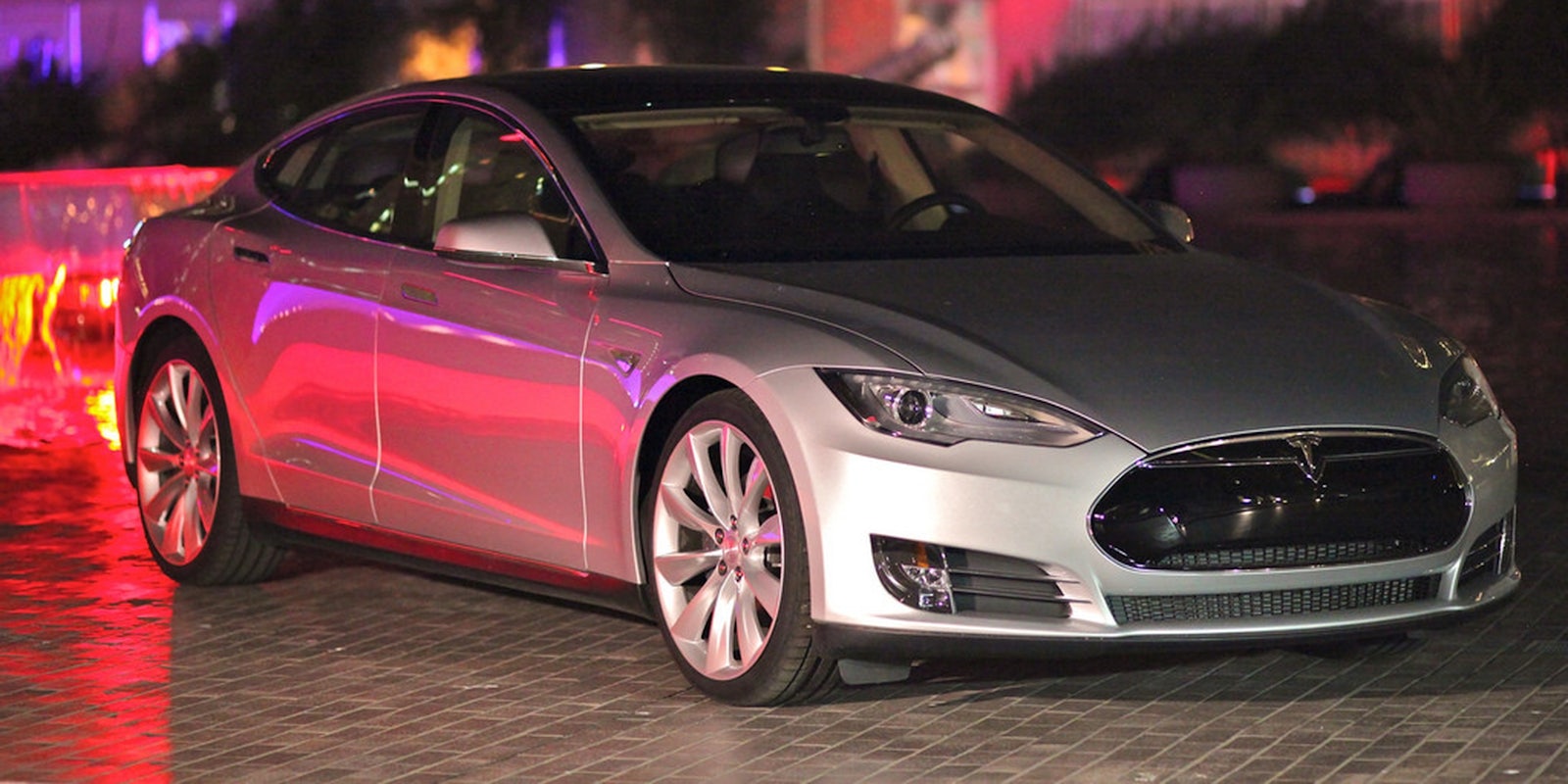The birthplace of the modern car industry may soon outlaw the car of the future.
Michigan legislature has voted in favor a bill that includes an amendment meant to prohibit the sale of Tesla vehicles in the state, reports Bloomberg, as long as Tesla refuses to sell its car through franchise dealerships.
The issue stems from Tesla Motor’s insistence that it sell its vehicles directly to customers rather than through traditional dealerships. The amendment, pushed forward by the Michigan Automobile Dealers Association, would make it illegal to sell vehicles “directly to a retail customer other than through franchised dealers.”
Tesla’s business model has caused pushback against the carmaker from dealership organizations in a growing number of states. Pennsylvania, Georgia, Missouri, Ohio, New York, and New Jersey have all put roadblocks in the way of Tesla’s direct-to-customer retail operation, but have all since worked out deals to allow sales of the company’s electric vehicles.
Tesla, of course, is displeased with Michigan’s attempt to push its business out of the state. The bill, says Tesla in a blog post, would not only prevent it from selling its electric vehicles, but the company “could even be barred from telling people about our car.” Tesla’s sales team calls the bill a “raw deal” for consumers, claiming that it only stands to benefit dealerships and not people who want to buy a new car.
“This anti-competitive behavior mirrors similar tactics in New Jersey and Missouri, where dealers have resorted to backroom political maneuvers to shore up their monopolies. The dark-of-night tactics highlight the dealers’ concerns that their arguments don’t stand up well to public scrutiny.
“Indeed, no consumer unaffiliated with dealers would ever want this.”
The National Automobile Dealers Association (NADA) tells Bloomberg that it fully supports the Tesla ban, arguing that it would protect consumers by adding in a middleman to keep the company from gouging car buyers.
“States are fully within their rights to protect consumers by choosing the way cars are sold and serviced,” NADA spokesman Charles Cyrill said. “Fierce competition between local dealers in any given market drives down prices both in and across brands. While if a factory owned all of its stores, it could set prices and buyers would lose virtually all bargaining power.”
The bill now heads to Gov. Rick Snyder, who has until Oct. 21 to sign it into law.
Photo via jurvetson/Flickr (CC BY 2.0)

